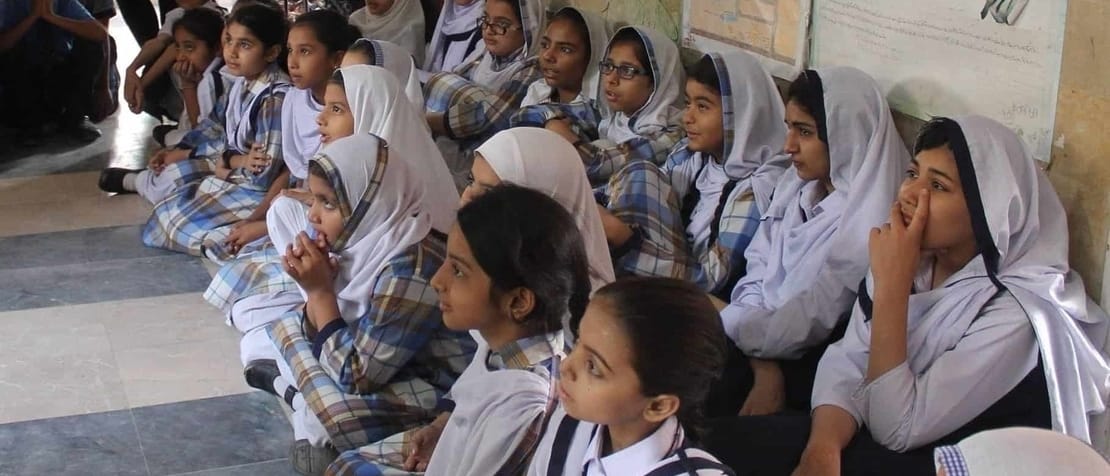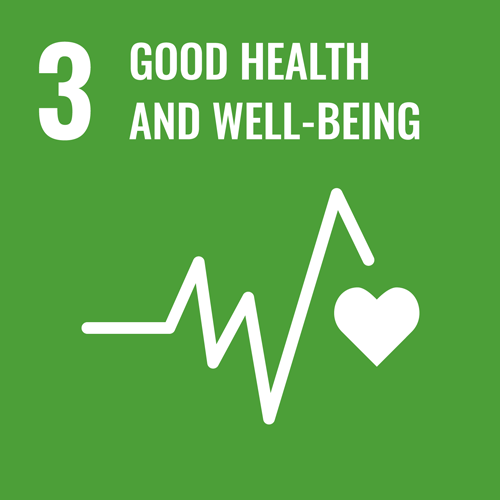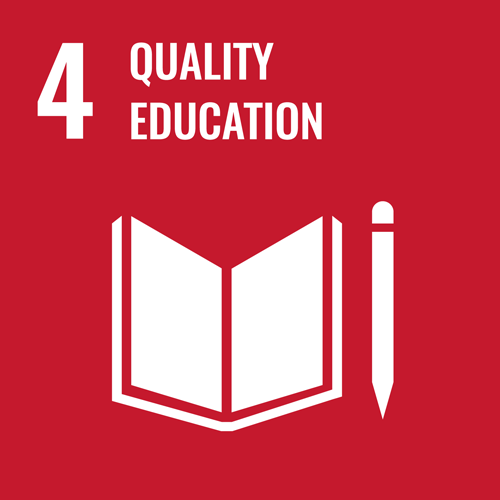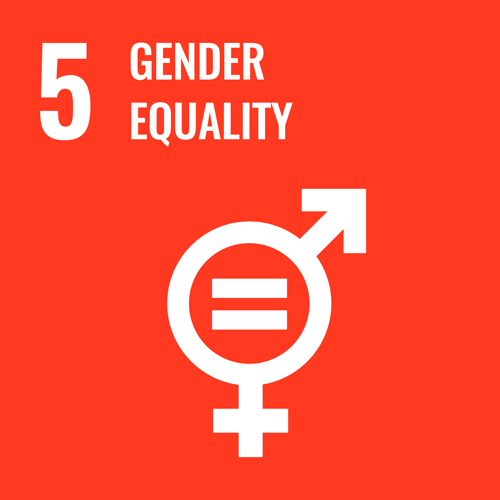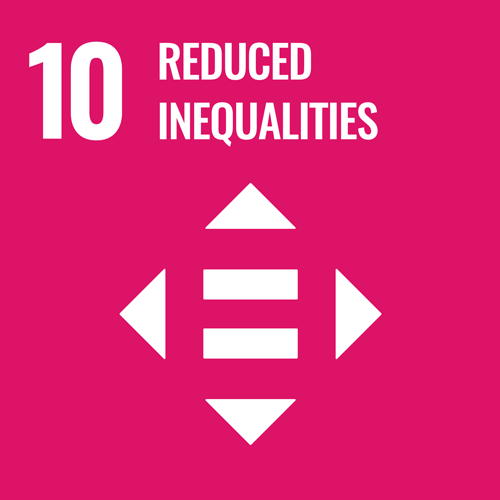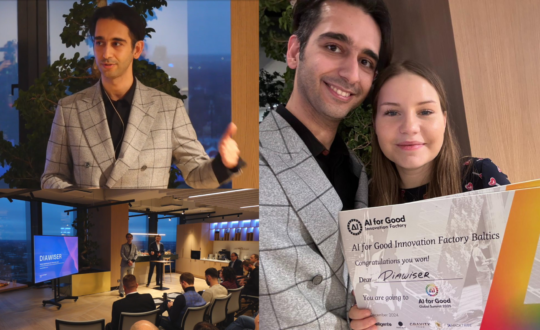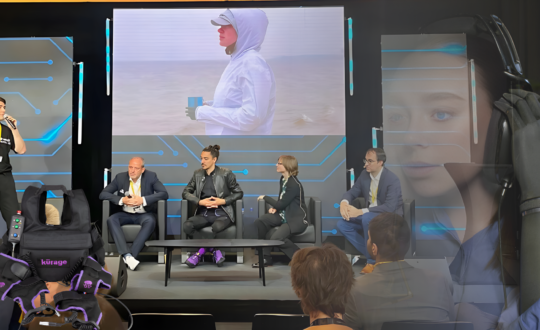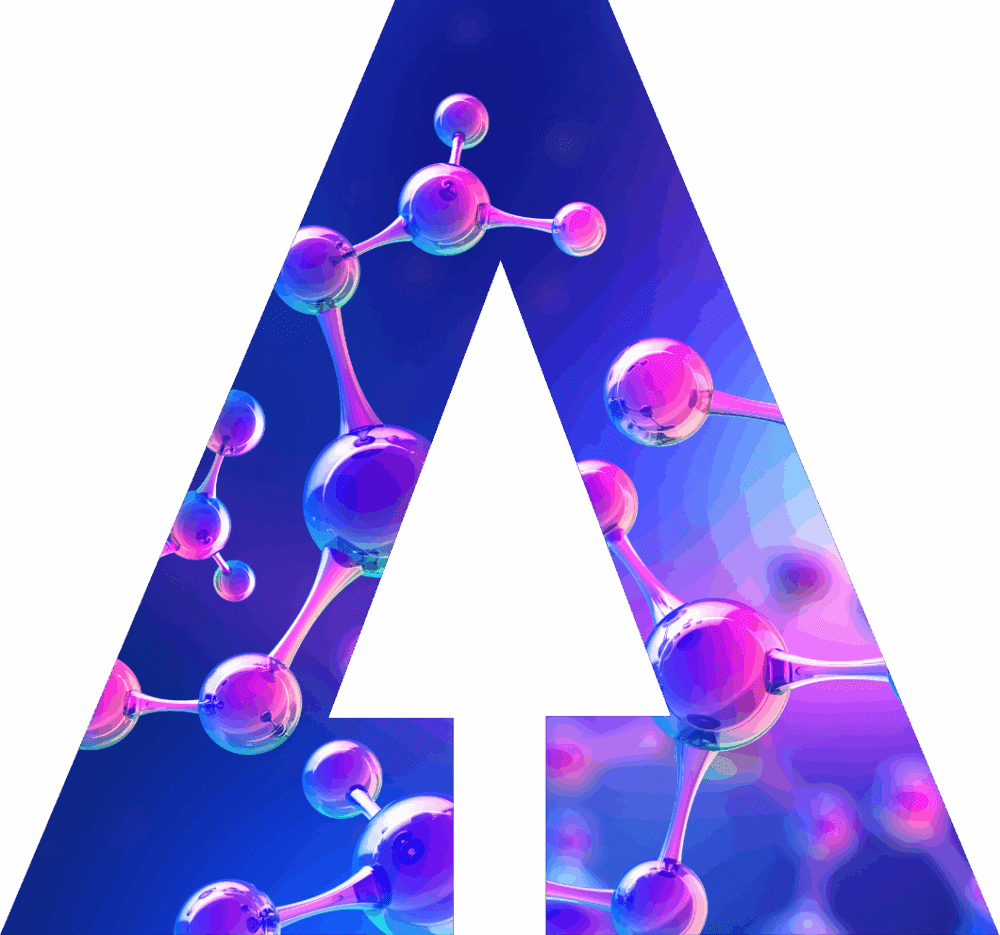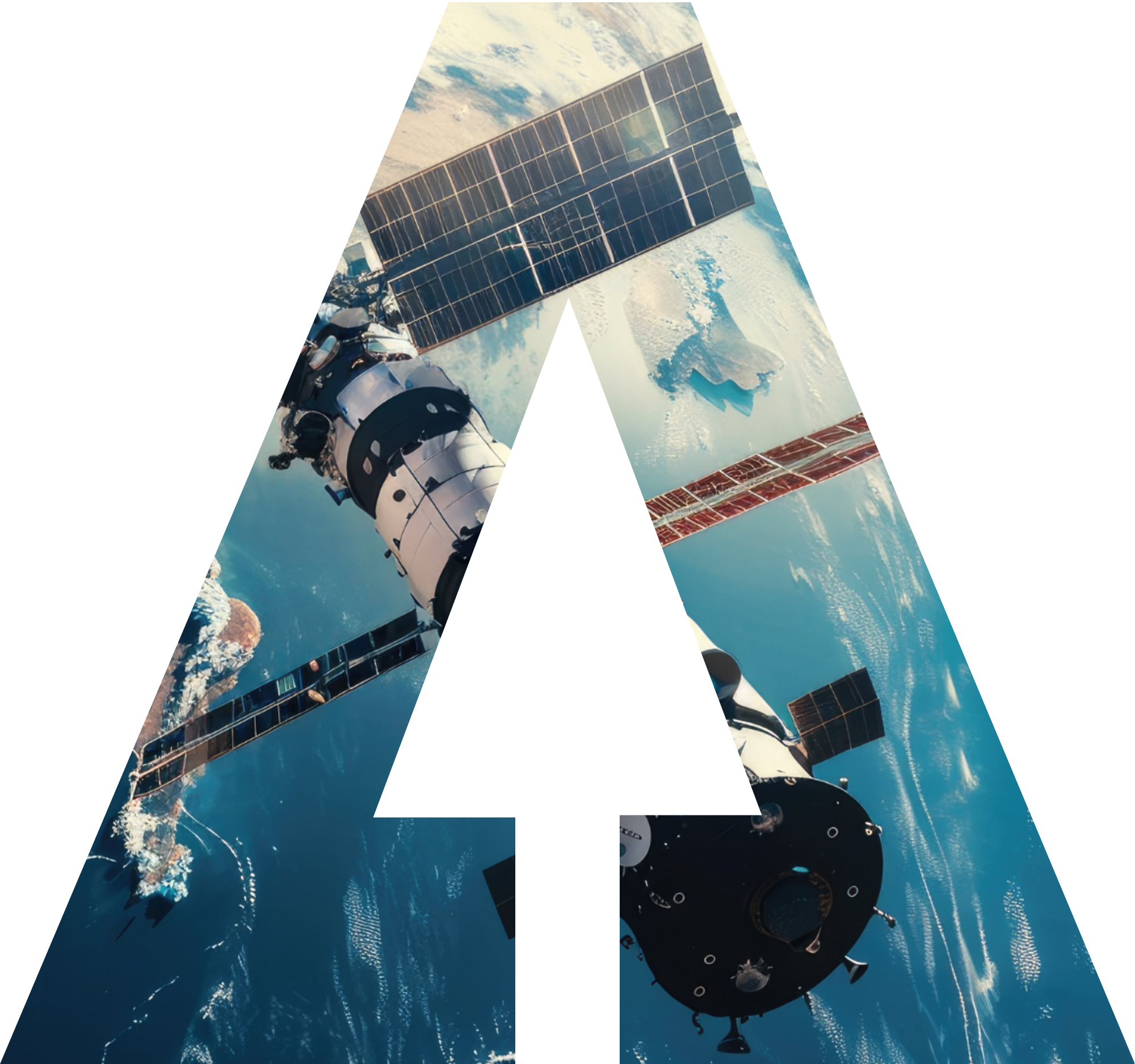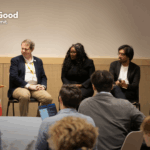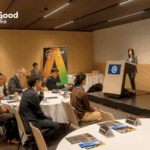To mark the International Day of Rural Women ITU News looks at the work of a female entrepreneur using innovative technologies in Pakistan to make a difference in the lives of women and girls across the country.
An innovative chatbot called Raaji combines the power of storytelling and information and communications technologies (ICTs) – including artificial intelligence (AI) – to advance progress on the United Nations Sustainable Development Goals (SDGs) on gender equality, health and education in rural areas of Pakistan.
Now in Phase One of its rollout, the AI-powered chatbot dispenses online advice on women’s reproductive health, hygiene and safety to women and girls in Pakistan.
“My hope is that she becomes a best friend for all girls in Pakistan,” says Saba Khalid, a Karachi-born journalist and entrepreneur and the founder of Raaji. “More than a Siri, she’s like your best friend.”
Khalid launched Raaji in 2017 to educate and empower women through content delivery.
Raaji began as an animated series that was screened in remote communities across Pakistan. Partnering with UNESCO, they screened the animated content in rural areas of Sindh province in southeastern Pakistan. But Khalid quickly found that viewers of the show had an appetite for advice. Women and girls had questions – about health, relationships and how to chart their futures.
When Khalid found herself unable to respond to everyone’s requests and queries, her co-founder Tino Hahn suggested a digital chatbot.
“Chatbots are a non-judgmental way to find help and provide personal, trackable, scalable conversations and insights directly from the target audience.” – Saba Khalid, Co-founder, Raaji
Khalid used a social entrepreneurship fellowship at The DO School in Berlin, Germany to fashion the animated character into an online health resource, using AI to tackle health and education challenges.
Ask Raaji
Raaji can be described as “a chatbot infused with artificial intelligence and human intervention.”
“We are using an existing platform/AI software called Dialog Flow to build Raaji. Its similar to IBM Watson, but less complicated for non-developers. It can be applied to many contexts but needs a large database of both questions and answers. It can work best in English, but has capability to work in multiple languages. We hope to move to a more advanced software in the next few months,” says Khalid.
For Phase Two of the product rollout, Khalid seeks to enhance Raaji’s impact on SDG 3: Ensure healthy lives and promote well-being for all at all ages. There are plans to introduce a search function for gynecologists and map areas with the most reproductive health queries.
Raaji exemplifies the social impact use case for chatbot technology. The bot is coded to answer questions on a range of topics related to reproductive health, hygiene and safety.
RELATED: How Pakistan is promoting women and Girls in ICT
“Chatbots are a non-judgmental way to find help and provide personal, trackable, scalable conversations and insights directly from the target audience,” Khalid asserts.
Raaji operates with a distinctly human touch. When there is an urgent need, or a question that Raaji is unable to answer, the chatbot redirects the query to a human administrator. The bot also has speech and voice recognition capabilities and a “human empathetic feel.” Khalid made a point to highlight the importance of humans and AI collaborating to create social impact.
“For me, I had to realize that humans have to work together with AI for solutions to actually happen.” — Saba Khalid.
The bot’s functioning demonstrates that the value of technology is in its ability to automate processes and scale up impact. Scalability is crucial when you consider that over one quarter of the world is made up of rural women. Using ICTs and new innovations in AI is proving that health, education and other life-changing interventions are just within reach of a mobile phone or an Internet connection.
How Raaji advances the SDGs
As we approach 2030, there is a need to accelerate progress on the SDGs. According to the International Telecommunication Union report, Fast-forward progress: Leveraging tech to achieve the global goals, technology is a powerful enabler for each of the 17 goals, and an essential catalyst in driving rapid transformation of nearly every aspect of our lives.
Khalid’s goal is to use Raaji to advance SDGs across the developing world.
“Storytelling and journalism teach you a lot about creativity and strategic thinking on delivering a message and when you combine that with technology, you can be quite the hustler.” – Khalid
While Raaji dispenses advice for women, Khalid and her team aim to disrupt the narrative on men’s role in advancing SDG 5: Gender Equality. “We have to create a different narrative for our men. We have some amazing men here [in Pakistan].” Notably, one of the most important characters in a Raaji animated short is a gentleman who teaches her to cycle.
Khalid believes that her work symbolizes hope for the upcoming generation. She also hopes that “my leadership of this initiative gives hope to girls.”
She spoke to her experience as an example of how women and girls from diverse educational backgrounds can carve out a space for themselves in the digital economy. “Storytelling and journalism teach you a lot about creativity and strategic thinking on delivering a message and when you combine that with technology, you can be quite the hustler,” she said.
Khalid recently competed in the finals of the She Loves Tech global startup competition. Raaji tied for first-place during the Pakistani leg of the series. And they also placed in the Menstrual Hygiene Management Innovation Challenge from UNICEF, and are working with them on a scale up grant. These are just a couple of accolades Khalid has garnered in her quest to leverage technology to empower, educate and entertain women and girls across the developing world.
Learn more about ITU’s work on gender equality and the empowerment of women and girls through ICTs here.
Through International Girls in ICT Day events, over 357,000 girls and young women have taken part in more than 11,100 celebrations of International Girls in ICT Day in 171 countries worldwide. Through EQUALS we are working with partners to bridge the digital gender divide, bolstering women and girls’ access, skills and leadership opportunities in the tech sector.


